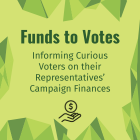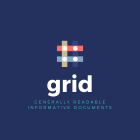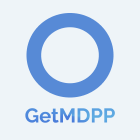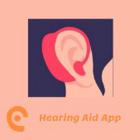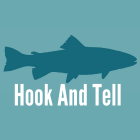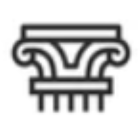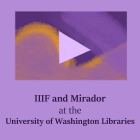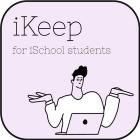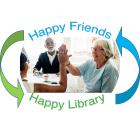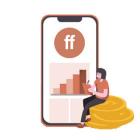
Funding Finder: Connecting WA Small Businesses to Funding
Small businesses have been hit hard by COVID-19 and need support to stay in operation. Recognizing that not all communities have equal information access, Team kala worked with the Washington State Department of Commerce to create Funding Finder, a website that connects small businesses to funding opportunities, assistance organizations, and resources. During development, kala prioritized the needs of tribal small businesses, a community whose needs are often unmet. Funding Finder was designed alongside community representatives and business owners to offer an easy-to-use platform listing financial support to keep these businesses afloat and address information access.


